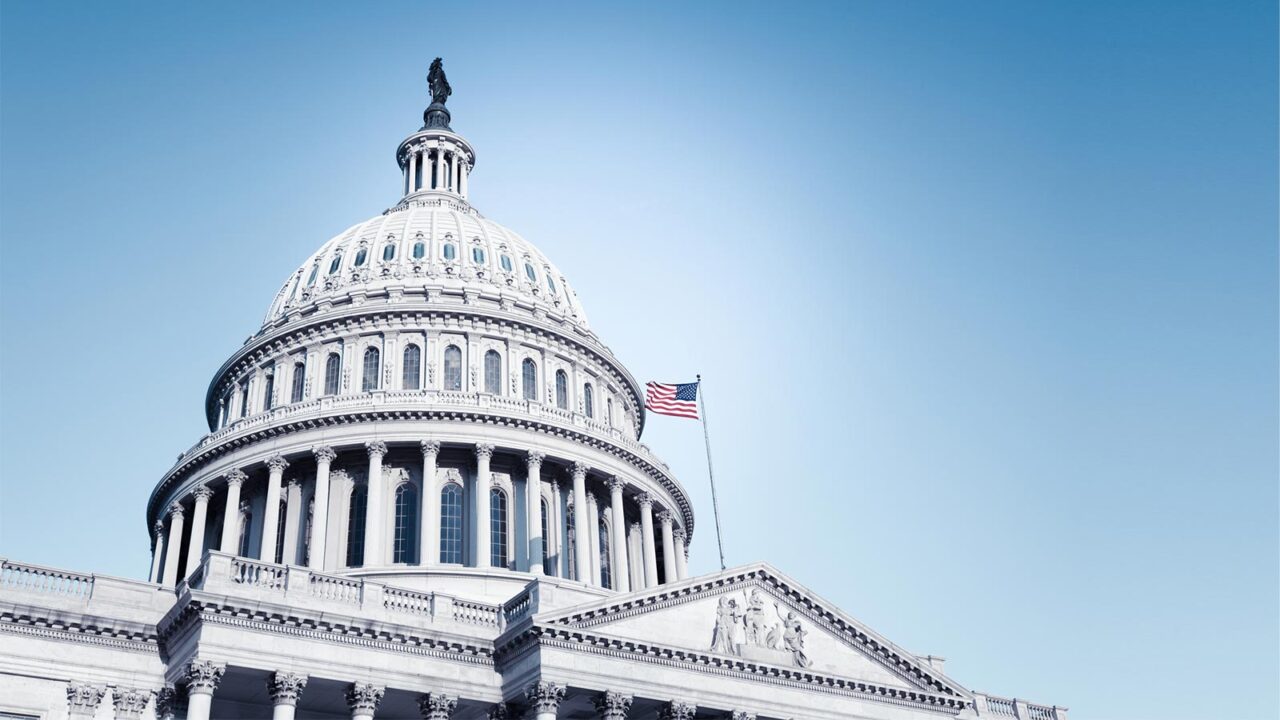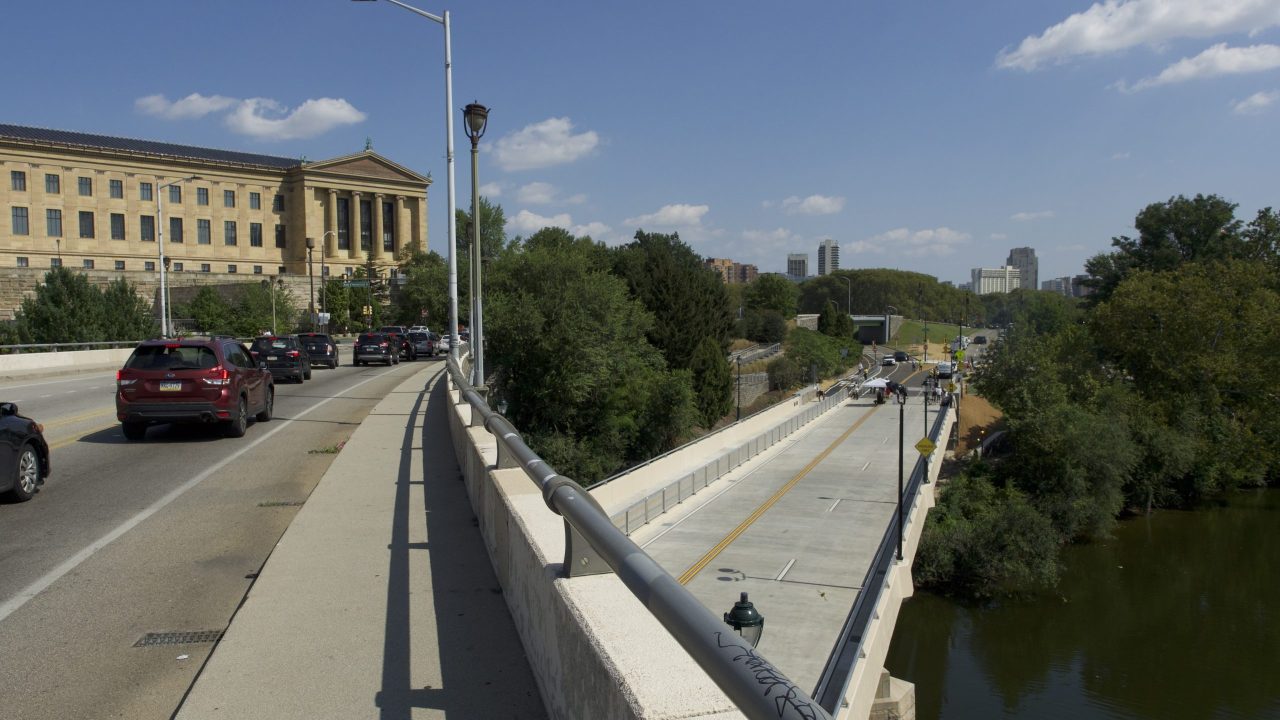While significant infrastructure modernization and investment from the federal government has remained elusive for more than a decade, President Biden and Democrats in Congress have made infrastructure their next priority following the “American Rescue Plan,” the $1.9 trillion COVID-19 relief bill passed through budget reconciliation.
On March 31, President Biden released the “American Jobs Plan,” which seeks to inject more than $2 trillion of federal spending into the economy, but has faced criticism for its limited spending on what is considered traditional or physical infrastructure, aka roads, bridges and buildings. Biden’s plan, provided to the public as a fact sheet, leaves the bigger job of hashing out the finer details and legislative text to Congress.
In keeping with his campaign’s promise to be “the most pro-union president,” the plan calls on Congress to pass the Protecting the Right to Organize (PRO) Act. This Associated Builders and Contractors-opposed legislation could erode over 70 years of established labor law, as well as eliminate worker and employer rights and protections. In a similar vein, Biden also seeks to ensure that Congress ties infrastructure investments funded under this plan to ABC-opposed, government-mandated project labor agreements while excluding the majority of workforce development programs from participating in the package.
In Congress, the U.S. House of Representatives may look to merge its efforts with Biden’s plan, as leading Democrats will look to reintroduce a version of their infrastructure bill from the previous congressional session. The Moving Forward Act (H.R. 2), a far-reaching bill that passed the House in 2020, would have provided $1.5 trillion for federal infrastructure spending.
The Moving Forward Act drew concern from ABC last Congress for its favorability toward labor organizations to the detriment of small businesses and merit shop contractors in the construction industry. Regardless, the new bill is likely to take a similar posture again this year.
Notably missing from Biden’s American Jobs Plan is the reauthorization of the 2015 FAST Act—funding for which expires in September of 2021. The bipartisan program, which provides funding for surface transportation programs throughout the country, has been the primary of the infrastructure-focused Senate Environment and Public Works Committee this congress, as new Chairman Tom Carper (D-Del.) has restarted efforts on a bipartisan package to reauthorize the bill. The Senate EPW Committee’s effort, which stalled last year, represents a separate opportunity to invest in America’s surface transportation infrastructure while avoiding the partisan battlelines that have already been drawn in the lower chamber.
Tax Implications
Taking into account the White House’s plans for additional, trillion-dollar-or-more “human infrastructure” packages, Democrats’ proposals, headlined by Biden’s dual plans could cost an estimated $4 trillion while implementing increased taxes on corporations, individuals and small businesses. The tax increases supported by President Biden are non-starters for Republicans in Congress, who are working to propose an alternative package of $600-$800 billion in traditional infrastructure spending.
Additionally, key Democratic Senator Joe Manchin from West Virginia has stated his preference for increasing the corporate tax rate from 21% to 25%, rather than the 28% supported by the American Jobs Plan, and other Democrats from high-tax states have called for any infrastructure proposal to eliminate the $10,000 cap on the state and local tax (SALT) deduction, which could further complicate the ability to pass a massive infrastructure proposal through Congress this year. Given the significant roadblocks to gaining support from Republicans in Congress, Democrats seem likely to pursue an infrastructure investment through the budget reconciliation process, which would allow them to circumvent the Senate’s 60-vote threshold.
Even though reconciliation would make it easier for Democrats to increase spending on existing federal infrastructure accounts and programs, it could also limit the policies in such a package. Just as the $1.9 trillion spending package, which was passed under reconciliation, resulted in the removal of priorities such as the establishment of a $15 federal minimum wage, the Senate Byrd Rule requirements will be in effect to remove extraneous provisions from a reconciliation package concerning infrastructure, likely leading to the exclusion of the labor policy-focused provisions of the PRO Act and government-mandated project labor agreements.
Merit Shop Priorities
For the merit shop construction industry, ensuring all qualified contractors are able to fairly compete to build and work on potential taxpayer-funded projects by preventing anti-competitive project labor agreement mandates remains a key priority.
An investment in workforce development will also be a crucial component to the successful implementation of an infrastructure plan. Any increase in construction demand generated by a significant investment will not only have exponential job creation effects in the industry, which is still clawing back the jobs shed one year ago at the start of the COVID-19 pandemic, but would also create even greater demand for a skilled workforce. In 2021, construction companies will need to hire 430,000 more workers than they employed in 2020 just to meet the demand that exists today, according to an ABC study of U.S. Bureau of Labor Statistics data.
As discussions over an infrastructure investment take center stage, it is clear that the construction industry will be a key part of the future recovery of the ailing U.S. economy seeking to turn the corner.







